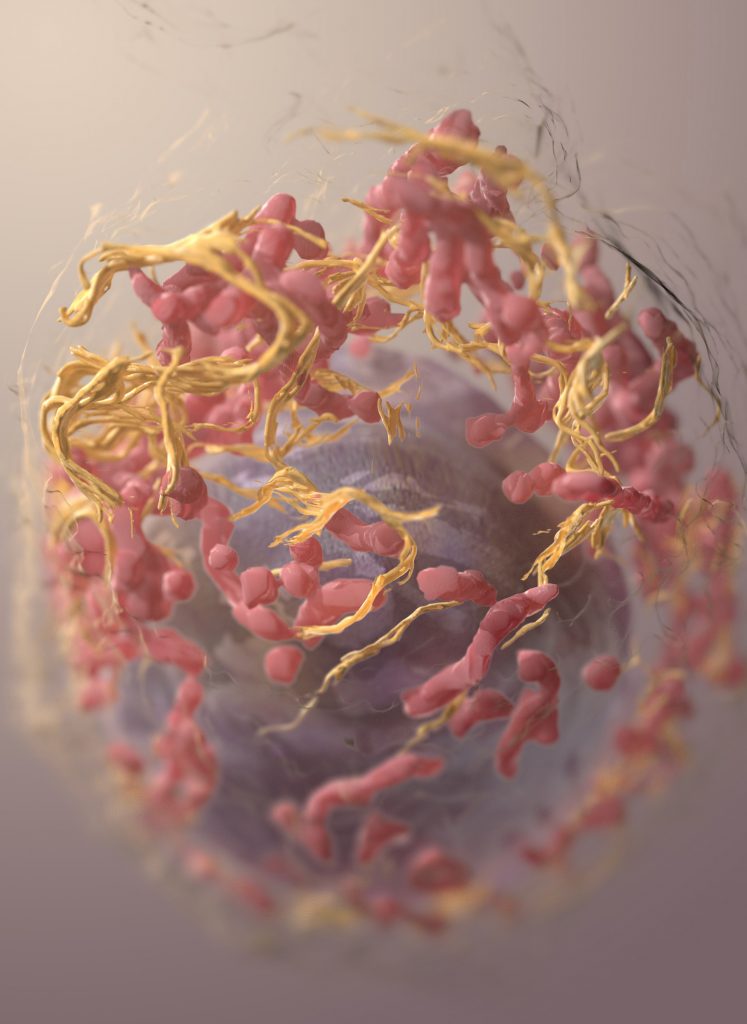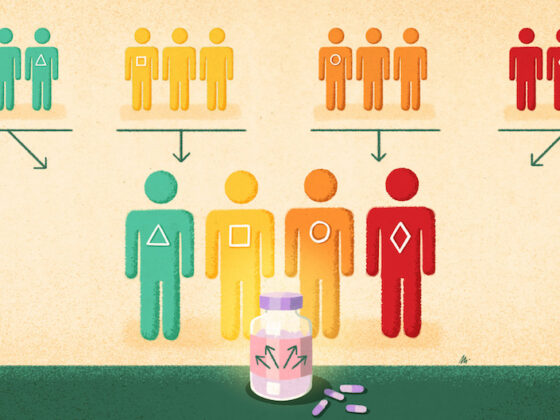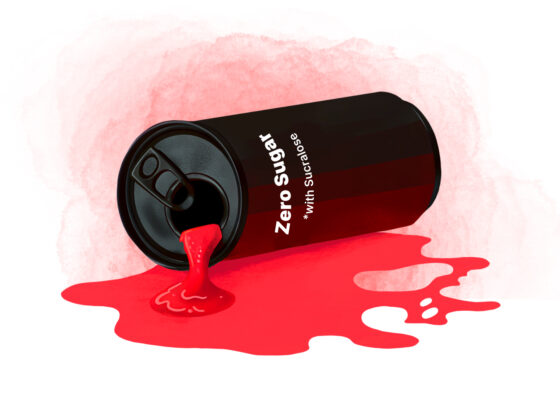According to an industry-funded, preliminary clinical trial presented at the AACR Virtual Annual Meeting currently underway, a personalized cancer vaccine in combination with the PD-L1 inhibitor atezolizumab appears to be well tolerated and to show modest clinical benefit in patients with advanced solid malignancies.
“Many cancers are able to successfully avoid the immune system, and we are only starting to understand the myriad ways in which cancers can do this” explained first author Juanita Lopez, oncologist at The Royal Marsden NHS Foundation Trust and The Institute of Cancer Research in London. “Because many mutations are not shared between cancers, a personalized treatment approach that targets individual tumor neoantigens may be a viable immunotherapeutic strategy for numerous patients with cancer.”
Specifically, the cancer vaccine used (identified as RO7198457) is manufactured on a per-patient basis: tumor and blood samples are sequenced and tumor- specific neoantigens are identified. Following the selection of up to 20 neoantigens, the corresponding mRNA is generated, making the backbone of the vaccine, which is then encapsulated in a liposomal formulation to enable intravenous administration, she explained. The mRNA stimulates the innate immune system, while also encoding the neoantigens, which are expressed, processed, and displayed on antigen-presenting cells, with the goal of stimulating an antitumor immune response.
The phase Ib preliminary study (funded by pharma companies Genentech and BioNTech) evaluated the vaccine as a monotherapy in 31 patients, showing a “manageable” safety profile, with one patient having a complete response and 11 patients having stable disease.
Overall, 144 patients with advanced solid tumors were enrolled, with the most common tumor types being non-small cell lung cancer (NSCLC), melanoma, triple-negative breast cancer, and urothelial cancer. The median number of prior therapies in this patient population was three, and nearly 40 percent of patients had received prior immunotherapy. The majority of patients had low levels of PD-L1 expression on both tumor cells and immune cells.
The treatment regimen was well-tolerated, as the majority of adverse events were grade 1 or grade 2. While no dose-limiting toxicities were observed, seven patients discontinued treatment due to adverse events related to study drugs.
Of the 108 patients who had at least one tumor assessment, nine responded, representing an overall response rate of 8 percent. One patient with colorectal cancer had a complete response, and 53 patients, representing 49 percent of evaluable patients, had stable disease.
When the researchers evaluated the peripheral blood of 63 patients, they observed neoantigen-specific T- cell responses induced by the vaccine in 73 percent of patients.
“While the clinical response rate overall was low, this is likely because many of the patients treated in our study had very advanced disease, and were heavily pretreated,” Lopez said.
Lopez declared to receive research grant funding from Roche, Basilea Pharmaceutica, and Genmab Inc, and personal fees from Basilea Pharmaceutica and Genmab Inc., for which she serves an advisory role.











